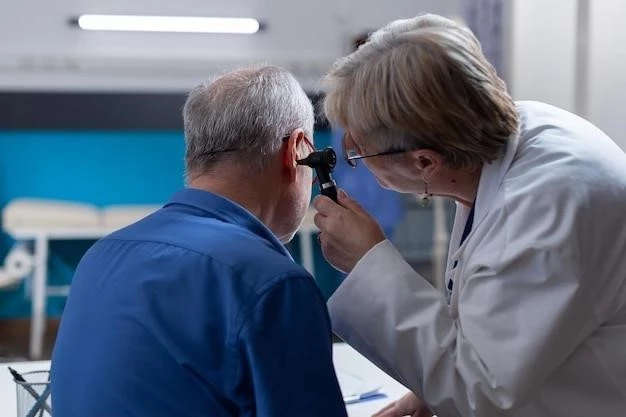Causes of Atrial Septal Defect
Symptoms of Atrial Septal Defect
Causes of Atrial Septal Defect
The exact cause of atrial septal defects is often unknown. However, genetic factors, environmental influences, or a combination of both may play a role. Certain genetic conditions such as Down syndrome can increase the risk of ASD. Maternal alcohol consumption during pregnancy is also linked to a higher risk.
Symptoms of Atrial Septal Defect
Common symptoms of atrial septal defect may include fatigue, shortness of breath, frequent respiratory infections, difficulty breathing, and heart palpitations. Some individuals may have no symptoms, while others may experience more severe signs like cyanosis (bluish tint to the skin).
Diagnosing Atrial Septal Defect
Diagnosis of atrial septal defect involves physical exams, imaging tests, and cardiac catheterization.
Diagnosis of Atrial Septal Defect
Diagnosis of atrial septal defect may involve echocardiograms, electrocardiograms, chest X-rays, or MRI scans. A cardiac catheterization can provide detailed information about the size and location of the defect.
Treating Atrial Septal Defect
Treatment options for atrial septal defect may include medications or surgical repair.
Treatment Options for Atrial Septal Defect
Medications can help manage symptoms. Surgical options like patching the hole or catheter-based procedures may be recommended for larger defects and symptomatic patients. Regular follow-up with healthcare providers is essential.
Complications of Atrial Septal Defect
Untreated atrial septal defects can lead to complications such as heart failure, pulmonary hypertension, arrhythmias, and stroke. Regular monitoring and timely intervention are crucial to prevent these potential issues.
Living with Atrial Septal Defect
Living with an atrial septal defect may require lifestyle adjustments like regular exercise, healthy diet, and avoiding smoking. Monitoring for symptoms and following up with healthcare providers are essential for managing the condition effectively.

Advanced Procedures and Research
Explore the latest surgical advances and ongoing research in the field of Atrial Septal Defect.
Surgical Procedures for Atrial Septal Defect
Surgical options for atrial septal defects may include open-heart surgery or minimally invasive techniques. These procedures aim to close the hole in the heart using patches, catheters, or specialized devices, improving overall heart function.
Research Advances in Atrial Septal Defect
Ongoing research focuses on developing innovative treatments, advancing surgical techniques, and enhancing diagnostic tools for Atrial Septal Defect. Clinical trials and studies aim to improve outcomes and quality of life for individuals with this condition.
